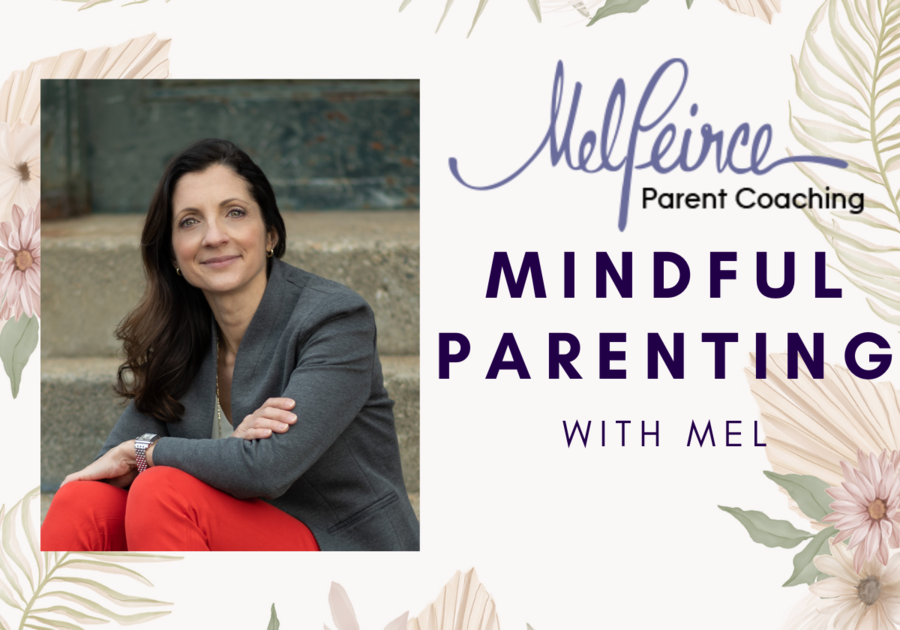As parents, we all know that reading to our children is important, but did you know that you can help your child learn other lessons and helpful skills through reading? Studies have been done with children as young as 18-24 months, finding that parents were able to help teach their children to help and share through reading. When using books to help your child learn lessons and skills, the key is how you read to them.
Researchers found no significant difference in how much children helped or shared when parents labeled the characters' emotions in the book or pointed out how the characters in the story were helping, sharing, or caring as they read to their children. However, when parents asked their children to focus on, recognize, and think about how the characters in the book were feeling, the children were significantly more likely to help and share.
As parents, we can support our children by reading books that feature characters going through similar challenges.
This can be helpful when kids are going through transitions, like starting a new school or experiencing something new. Reading books with characters nervous about new things can help kids feel better. They realize that they’re not alone in their feelings and that being afraid or nervous about new things is normal. If you ask your child how they think the character is feeling, it can help you gain insight into what your child is feeling.
A great book about fear and courage is Nana in the City by Lauren Castillo. The book allows parents to talk about the little boy’s feelings and fears of the noise, crowds, and scary things in the city, as well as show how the sights and sounds of the city become exciting when he is brave.
Books can also help teach kids skills and strategies. They are great for preschool-age children, as they are developing an emotional vocabulary and learning how to self-regulate so they can calm themselves down. I often recommend books like Roaring Mad Riley, An Anger Management Story For Kids by Allison Szczecinski to parents struggling with a child who doesn’t know how to manage their anger.
The book gives many opportunities to discuss what Riley might be thinking, what is making Riley so mad, and what the other characters might think and feel when Riley is so angry. The story also covers the various strategies that Riley learns to calm down and stay calm. I encourage parents to talk about the different tools and help their child practice them as they read the book. You can also ask questions about what Riley could do differently to stop the anger spiral sooner.
When you start asking your child questions about what the characters in the book are thinking and feeling, you help them make the association between their actions and other people’s feelings — which helps to develop their social awareness, understanding, and emotional vocabulary.
Books are one of the best tools you can have in your parenting toolbox. Just remember that your kids will get the most out of reading with you and learn the lessons you want to instill when you actively engage your child and ask questions to raise their awareness about what the characters think and feel.
Do you want more support to help your child have a great school year? This month in the Confident Parenting Club, I’m sharing strategies for getting your kids to talk to you about their day at school, supporting kids through friendship challenges, handling homework headaches, and making homework easier. Join the club to get your most pressing parenting questions answered and support to help your child have a successful year. Click here to check out the Club.



